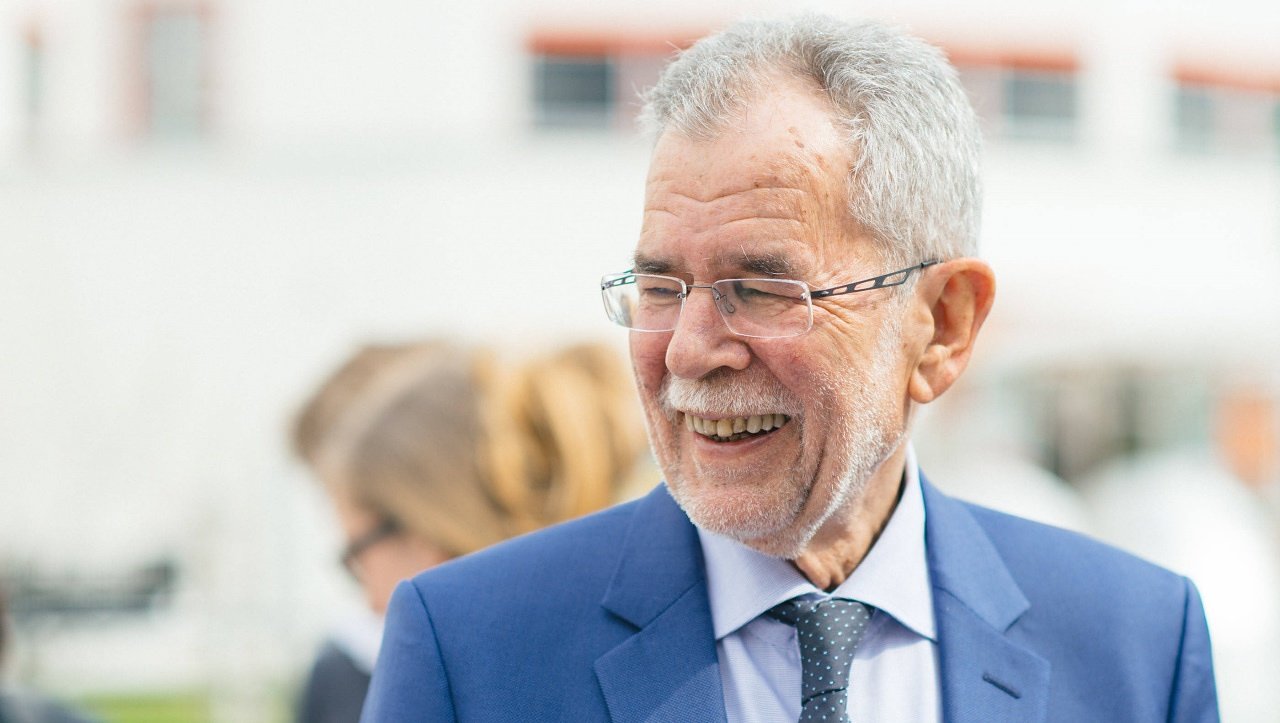In a vote closely watched across Europe, Austria’s voters appeared to have dealt a defeat on Sunday, December 4, 2016 to a right-wing populist bidding to become the first far-right head of state elected in Europe since World War II.
Projections on ORF state television based on initial vote counts minutes after polls closed suggested that Alexander Van der Bellen, 72, a former economics professor and Green party leader, had a strong lead.
The projections showed Mr. Van der Bellen taking 53.6 percent of the vote, while his right-wing challenger, Norbert Hofer, had captured 46.4 percent.
Heinz-Christian Strache, the leader of the far-right Freedom Party, seemed to acknowledge defeat when he spoke to Austrian radio and congratulated Mr. Van der Bellen. Mr. Hofer’s campaign manager, Herbert Kickl, also congratulated Mr. Van der Bellen.

If the projected numbers hold, Austria will have beaten back a populist wave that has included Britain’s vote in June to leave the European Union and the United States’ election of Donald J. Trump as president.
The Austrian presidential election, normally a sleepy, provincial contest for a largely ceremonial post, had been closely watched for its potential to send yet another jolt to political establishments in a year when far-right populist forces have advanced in Europe and the United States.
The election was widely viewed as a test of the anti-migrant and particularly anti-Muslim forces that have ridden a populist path to power in Hungary and Poland and have gained strength in France and even in Germany, widely seen as the only major Western country so far resisting the trend away from liberal democracy.
Mr. Van der Bellen’s supporters were predictably jubilant that he appeared to have increased his share of the vote since a runoff election in May which he narrowly win by 31,000 votes.
“He built a broad coalition,” said Alexandra Föderl-Schmid, editor in chief of the liberal daily Der Standard. Now, she said, Austrians will expect Mr. Van der Bellen to mend the rifts that appeared during months of bitter campaigning.
Mr. Van der Bellen had appealed to Austrians to vote for reason over extremes. Mr. Hofer, who campaigned on an “Austria First!” slogan, said he wanted to lead a country that was secure “for our children and grandchildren,” playing on fears of the tide of migrants and refugees that have entered Europe.
Several analysts and observers had predicted that the populist wave would propel the anti-migrant, anti-Muslim and eurosceptic program of Mr. Hofer into power in Austria. But first projections and exit polls suggested that Mr. Van der Bellen had a clear lead.
Despite the drawn-out process, voter interest and emotions have run strong and high. Most observers expect a tight race, possibly decided on Monday only after absentee ballots are counted. Some 6.3 million Austrians ages 16 and over are entitled to vote.
Austrians were shocked last April when neither of those parties, the center-left and the center-right, made the presidential runoff. A new parliamentary election, analysts here say, could then open the way for Mr. Hofer’s far-right party to run the government.
This article originally appeared on The New York Times.







